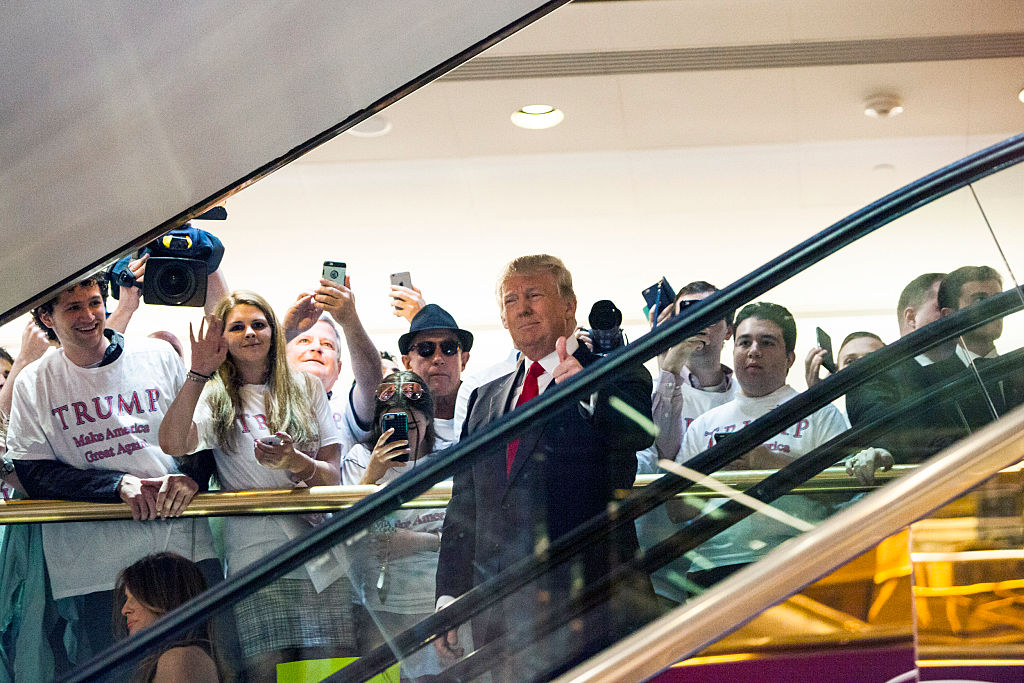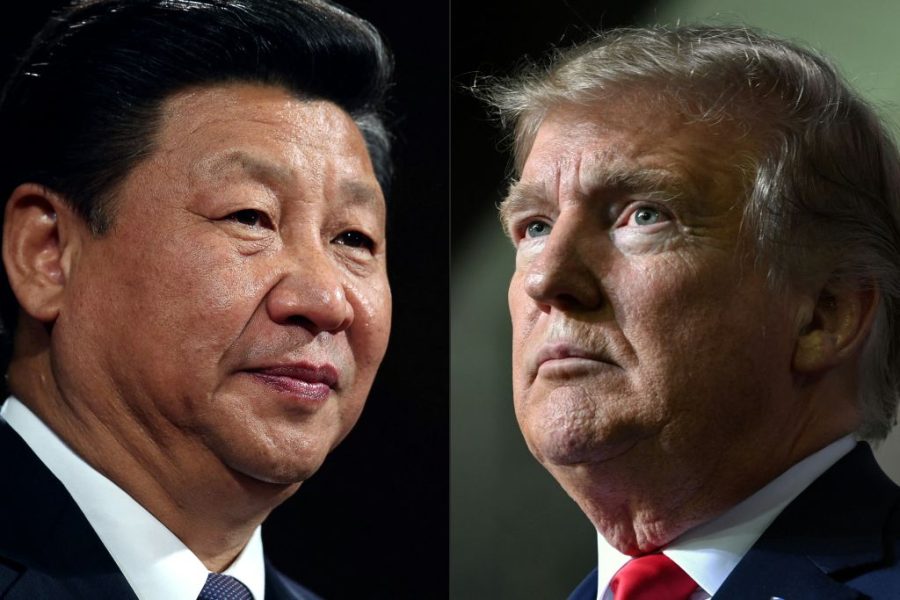The reports in China’s state media speak about “advancing national defense education in the new era,” teaching students to be “disciplined” and “promoting the spirit of hard work and inspiring patriotism.” But behind the stultifying Communist Party jargon is a new law that will force school children to undergo military training and which marks another step towards a militarization of Chinese society on a scale not seen since the days of Mao Zedong.
The revised “law on national defense education,” now before China’s rubber-stamp parliament, proposes mandatory military drills for middle school students aged twelve to fifteen and says that defense should be studied even at elementary school. Ritualized military-style exercises are not unusual in China’s schools and colleges, but enforcement has typically been patchy and perfunctory, greeted with limited enthusiasm by students or by parents who can be highly protective as a result of the country’s now abandoned one-child policy.
The CCP’s Global Times quoted approvingly the vice principal in charge of moral education at a middle school in Wenzhou, who told the newspaper, “Our school has incorporated national defense education into the school curriculum” and described activities including military training, competitions to raise students’ awareness of national defense and visits to martyrs’ cemeteries and revolutionary sites.
The revised law may be in part a reflection of recruitment problems at the People’s Liberation Army, with students preferring a career in the private sector. It coincides with yet another reorganization at the top of the military, with President Xi Jinping last month announcing changes that give a greater emphasis to information and cyber warfare. But it also comes at a time of a growing obsession with security that is extending into Chinese workplaces and local communities.
Chinese companies have been setting up their own volunteer armies — workplace militias not widely seen since the 1970s. An analysis by CNN of state media reports identified at least sixteen major Chinese firms, including a privately-owned dairy outfit, that have created militias over the past year. The units go by the official name of People’s Armed Forces Departments and appear to be a reserve force. Officials are encouraging their formation, with militias also hosted by property companies, utility firms and banks. The Industrial and Commercial Bank of China, a giant state-owned lender, has organized a militia, replete with uniforms, training facilities and a warehouse for storing weapons, according to local media in Qinghai. The aim is to “contribute its strength towards national defense,” according to the branch manager.
Last year a new counter-espionage law took effect in China, which is so sweeping that it could be used to cover just about any activity the CCP deems threatening to its elastic definition of “national security.” Foreign businesses have been particularly alarmed by provisions that appear to criminalize the transfer out of the country of what has hitherto been regarded as routine business and market information. The law is typically vague but appears to allow authorities to gain access on demand to data, electronic equipment and all manner of information.
The adoption of the law was accompanied by efforts to mobilize the public against “spying.” The Ministry of State Security, China’s main intelligence agency, has been encouraging citizens to report suspicious behavior on its website or via a new phone hotline. It also extended its definition of illegal behavior to include criticism of China’s wobbly economy. Late last year it accused unnamed saboteurs of seeking to “profit from turmoil” and of trying to “shake investment confidence and cause financial instability in the country.” The ministry declared that “finance is an important part of national security.” Expressing anything less than economic optimism is now deemed a threat.
All of which raises the intriguing question of who the intended target is. Certainly, Xi has stepped up his warlike rhetoric against the West; he is obsessed with security and is working on hardening the Chinese financial system and militarizing the economy. But he is equally as obsessed with internal security, after a spike in protests largely over economic related issues. What can be said with some degree of certainty is that Xi sees enemies everywhere — and that his paranoia is being played out from the schoolyard to the factory floor in a manner not seen since the dark days of Mao.
This article was originally published on The Spectator’s UK website.


























Leave a Reply